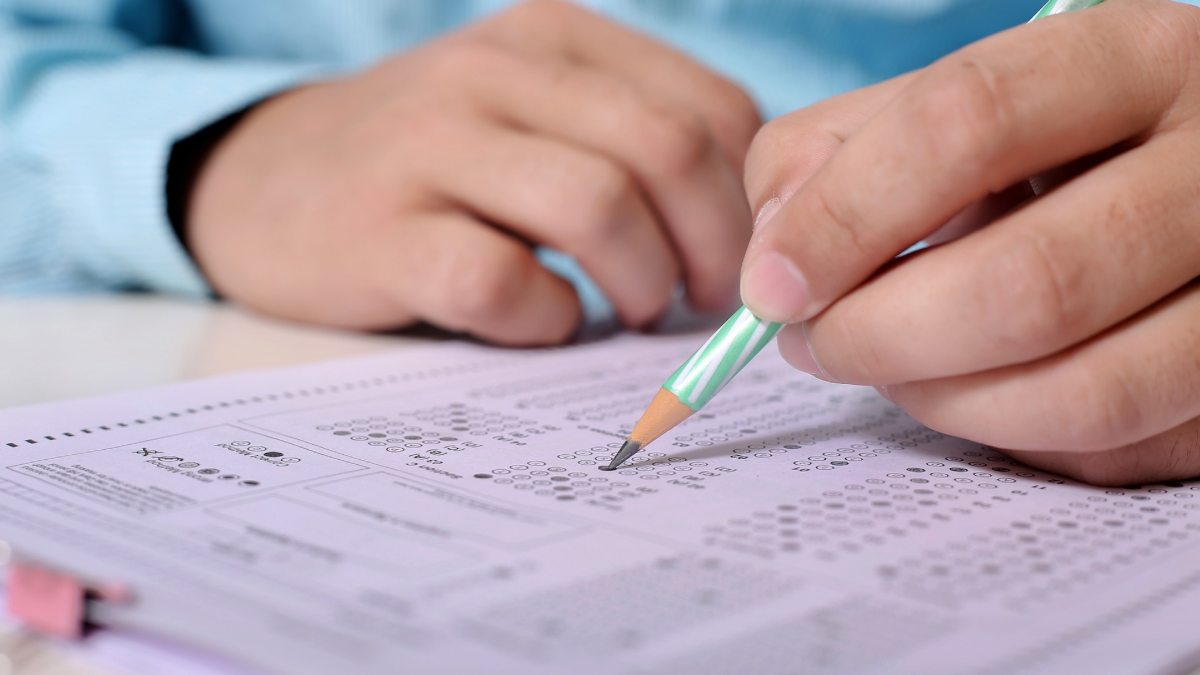President Ferdinand Marcos Jr. has enacted Republic Act 11984, commonly referred to as the “No Permit, No Exam Prohibition Act,” effectively banning the practice of denying students access to periodic and final exams due to unpaid tuition and other school fees.
Signed into law on March 11, the legislation applies to all public and private educational institutions, covering K to 12 basic education, higher education, and technical vocational institutions, as announced by the Presidential Communications Office on Friday.
The law mandates that educational institutions accommodate disadvantaged students who are unable to pay fees by allowing them to take exams without requiring a permit. This mandate extends throughout the entire school year for K to 12 students.
Progressive groups have advocated for the abolition of this policy, citing its infringement upon the constitutionally guaranteed right to education for the youth.
Previously, the Department of Education (DepEd) and Commission on Higher Education (CHED) had issued memorandums to enforce similar policies, but without legal penalties for non-compliance.
Under RA 11984, certification of a student’s disadvantaged status due to calamities, emergencies, force majeure, or other justifiable reasons will be provided by municipal, city, or provincial social welfare and development officers, or the regional office of the Department of Social Welfare and Development (DSWD), in accordance with implementing rules and regulations (IRR) issued by the DSWD.
However, educational institutions retain the right to demand promissory notes and employ other legal and administrative measures for fee collection, without prejudice to the provisions of the Act.
Violation of Section 4 of the Act may result in administrative sanctions imposed by DepEd, CHED, and the Technical Education and Skills Development Authority (TESDA).






